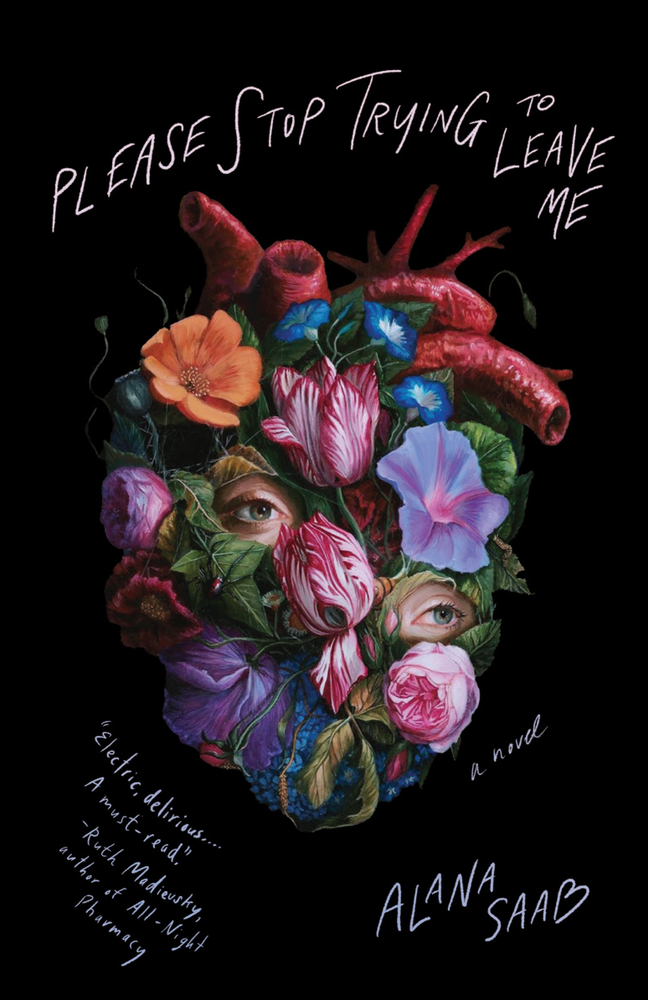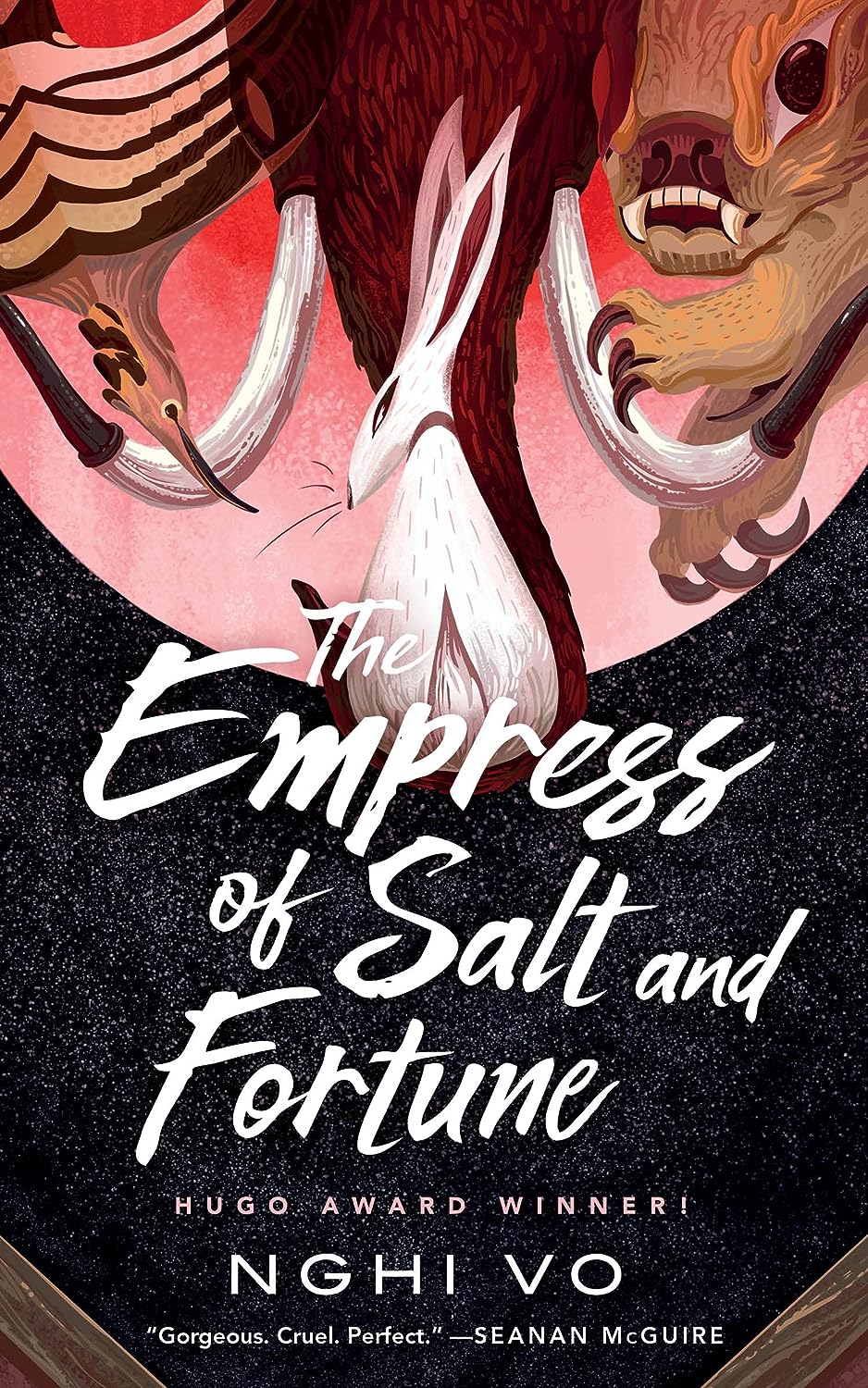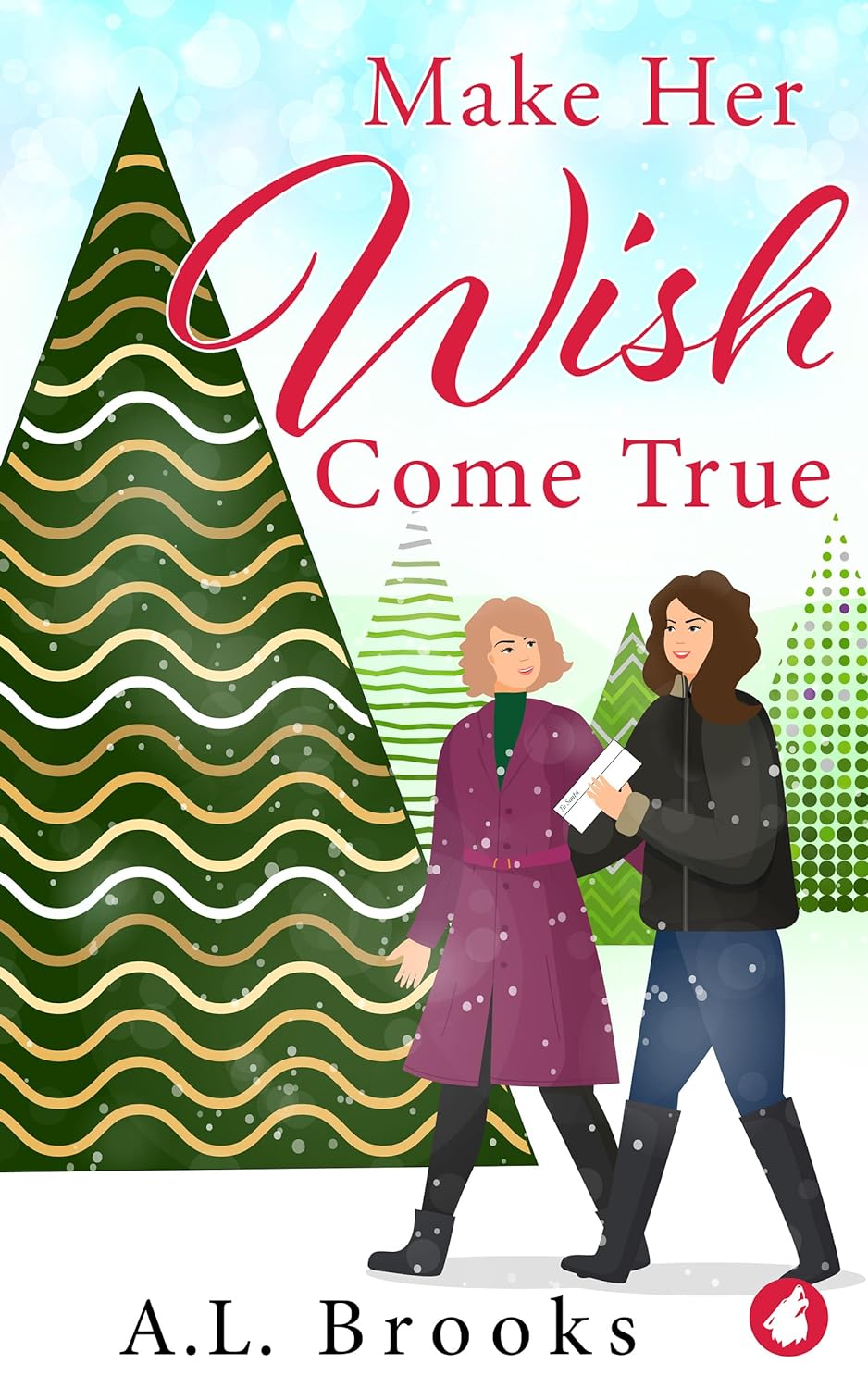Buy this from Bookshop.org to support local bookstores and the Lesbrary! Please Stop Trying to Leave Me is a deeply engrossing, frenetic, and thought-provoking debut by Portuguese-Lebanese-American writer and screenwriter Alana Saab (she/her). The story is narrated by Norma, a twenty-seven-year-old, privileged young woman living in present-day New York in the wake of a mental health breakdown. DescribedRead More
A Rich Fantasy Novella: The Empress of Salt and Fortune by Nghi Vo
Buy this from Bookshop.org to support local bookstores and the Lesbrary! I don’t know why I put off The Empress of Salt and Fortune by Nghi Vo for so long despite all of the good reviews. Maybe it was the short length, novellas sometimes being an awkward pace. Or maybe it was the fact that all tooRead More
Fake Dating at Its Best: Iris Kelly Doesn’t Date by Ashley Herring Blake
Buy this from Bookshop.org to support local bookstores and the Lesbrary! Delilah Green Doesn’t Care, the first book in Ashley Herring Blake’s Bright Falls series, was the first sapphic romance I had ever read. It is still my favorite because, not only is it an excellent book, but I credit it with opening up an entireRead More
Fake Dating Meets Single Parenting: Make Her Wish Come True by A.L. Brooks
Buy it on Amazon with this Lesbrary affiliate link! Make Her Wish Come True by A.L. Brooks was released on October 23, 2003 and is a contemporary romance about two women who are absolutely not in a place to date. Or so they keep telling themselves. Abby Baxter had to grow up way too fast,Read More
Jen Wilde’s Books are the Feel-Good Sapphic YA You’ve Been Searching For
Did you know I (Danika) have a booktube channel? Along with the Lesbrary, the Bi & Lesbian Literature tumblr, and Book Riot, I talk about books there, too! Apparently I can’t say enough about them. Most of my content is about queer women books, and I even have a playlist of just my sapphic bookRead More
Danika reviews Starworld by Audrey Coulthurst and Paula Garner
Sometimes, a book so clearly communicates the emotional state of the characters that it becomes painfully familiar. It is relatable to the point that I instinctively want to distance myself from it. Starworld is one of those animals, and although its characters have very different life circumstances to my own, their loneliness and vulnerability brought me rightRead More
Danika reviews Pulp by Robin Talley
I have been anticipating this book for a long time. I collect lesbian pulp, and I’m fascinated by the history of this period of lesbian literature. Pulp is a YA novel from two perspectives: Abby, a modern day out and proud lesbian, and Janet, a 1950s teenager just discovering that she’s a lesbian, and what thatRead More
Have you ever thought to yourself, “Is there any way I can be more lesbian?”
I mean, sure, we watch lesbian TV shows and movies, read lesbian books, hang out with lesbians, and date/have sex with women… but is that enough? Isn’t there any way to do more things gay? Not to worry, I am here to help. Lesbian cooking! The Lesbian Erotic Cookbook by Ffiona Morgan the butch cookbookRead More



